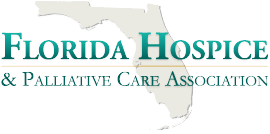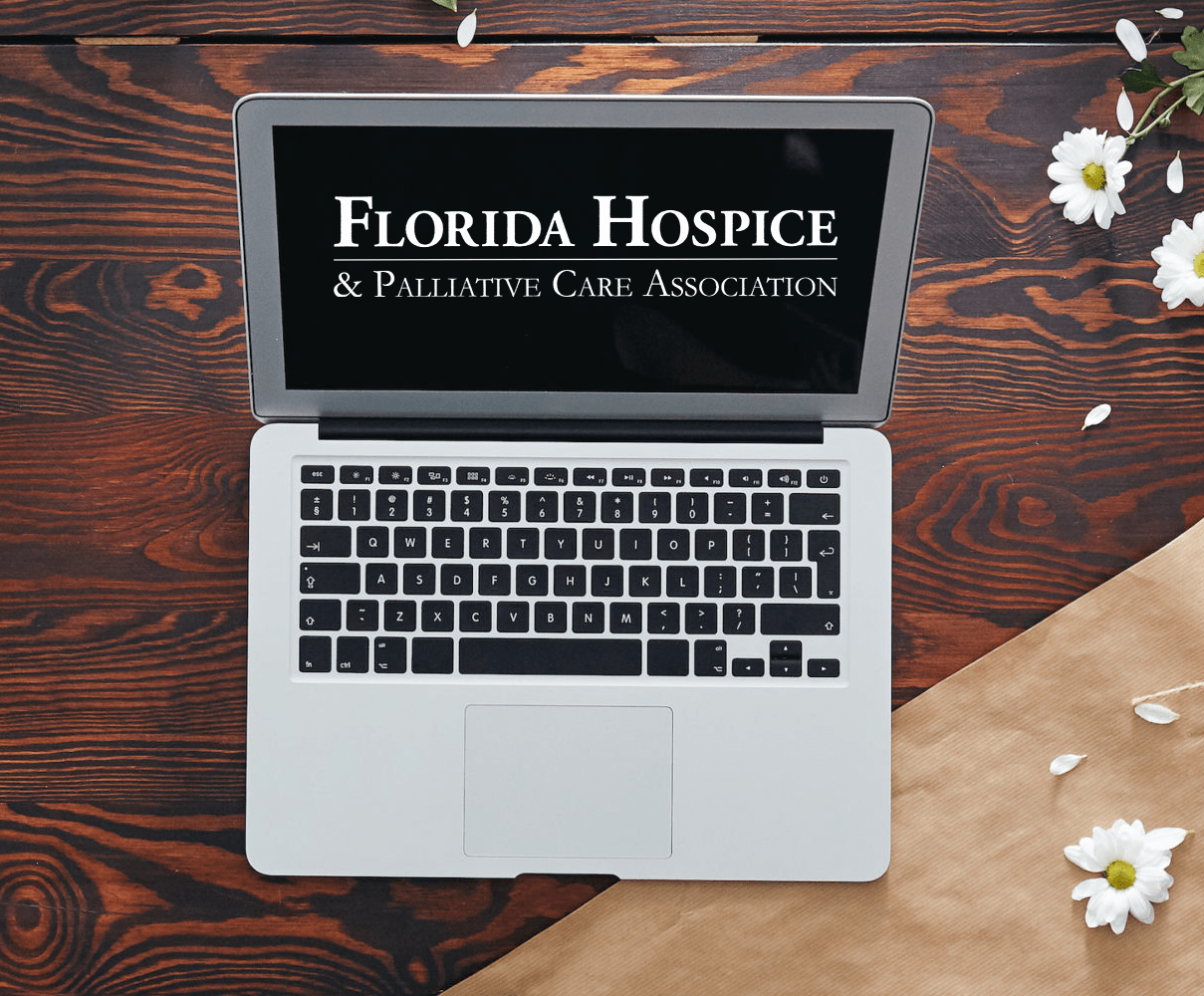Helping You Care for a Loved One with COPD
by VNA of the Treasure Coast
When a loved one is diagnosed with Chronic Obstructive Pulmonary Disease, (COPD), there are certain things that you, as the caregiver, should know. It is important that you understand the various aspects of this progressive disease so you can ease the responsibility of caregiving for yourself and increase the quality of life for your loved one.
As a caregiver, you should educate yourself about the disease. Learn what changes need to be made to your loved one’s daily life, learn how to prevent infections, and what you need to know about your loved ones treatment options. It is also recommended that you attend physician appointments so you can learn and ask questions that will help you and your loved one.
Nutrition is an important aspect of living with COPD; it is recommended that patients eat small, healthy meals multiple times throughout the day as opposed to one or two large meals a day. Avoiding an overly full stomach will ensure that the heart and lungs will not have to work as hard to digest the food. It is also important to keep your loved one’s body in shape by being active and doing light exercises. Understand that your loved one will have difficulty breathing, so let him or her set a comfortable pace to exercise.
Preventative measures should be taken when you are caring for a patient with COPD. These patients are vulnerable to illnesses and infections and certain steps should be taken to avoid being sick. Do not let your loved one around those who are sick or might be sick. Wash your hands frequently, and be sure to keep your loved one healthy by being inoculated with the flu and pneumonia vaccines. As a caregiver, it will be your responsibility look for signs for infection and be prepared to react in case of an emergency. Warning signs of an infection can include shortness of breath, yellow and/or green mucus, fever, increased fatigue, and wheezing. If you believe that your loved one might have an infection, you should seek medical attention.
As the caregiver, you should understand your loved one’s treatment plan. Learn the various types of medications that he or she is taking and understand the proper use of oxygen if necessary. Be sure to study the appropriate use of oxygen and any safety components that go along with caring for a loved one undergoing oxygen therapy.

VNA provides compassionate, innovative care of the highest quality, setting the standard for patients and caregivers needing home health, hospice, and community health services.



